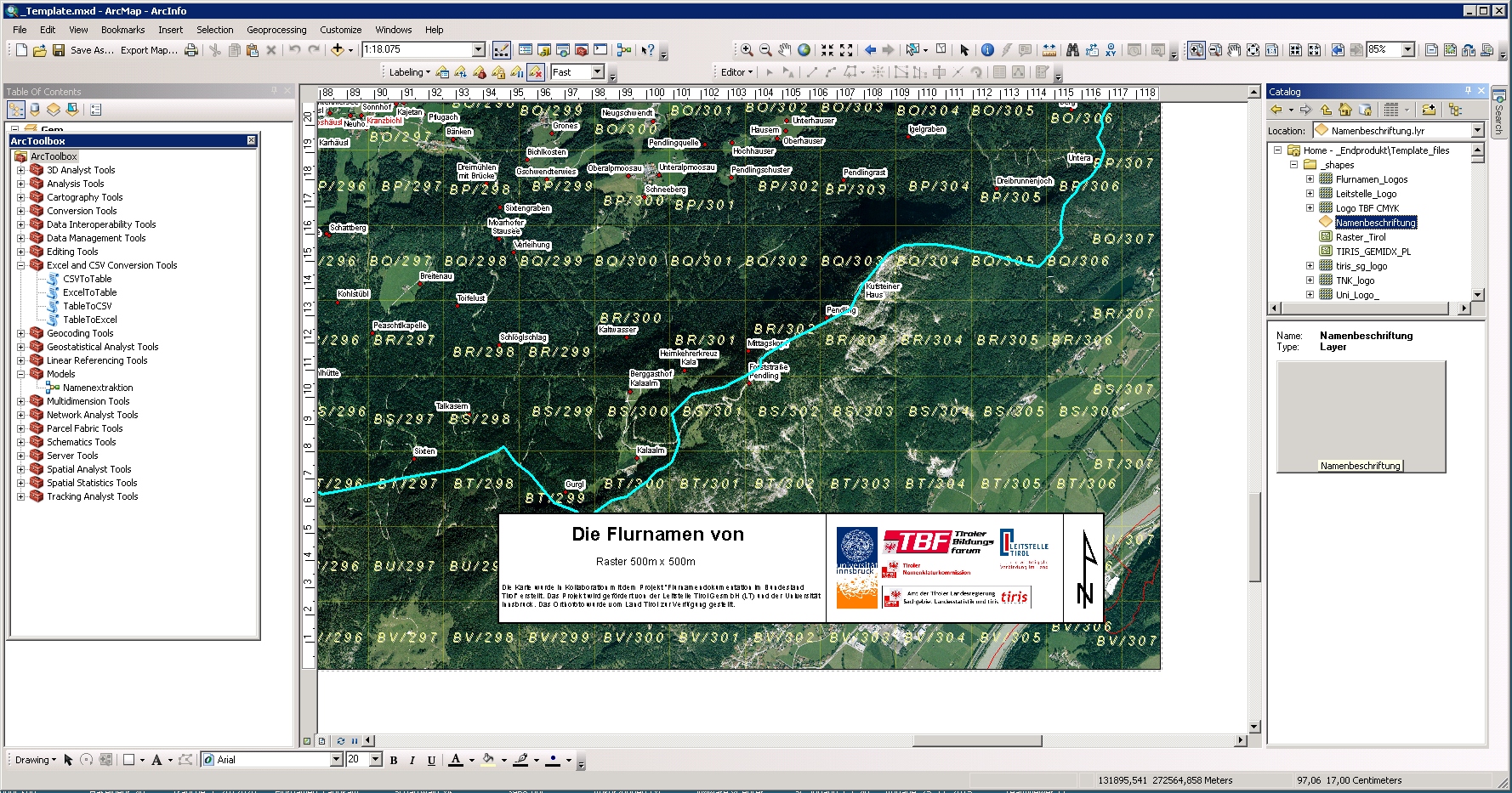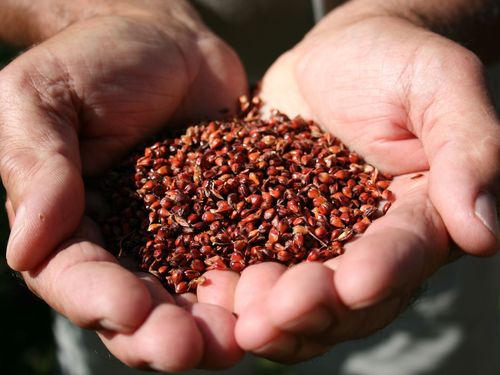Local toponyms in the federal province of Tyrol
Oral traditions in Tyrol, inscribed 2018
For over 2,000 years, local toponyms have facilitated orientation and communication for people living in Tyrol. The transmission of knowledge regarding names and locations is ensured via people’s presence in these locations, the work they do on land that supports their livelihoods, and their experiences as well as their maintenance of social relationships, as part of which such names are frequently mentioned. The approximately 120,000 place names used in Tyrol’s nearly 300 municipalities were catalogued and cartographically pinpointed between 2007 and 2017 in collaboration with various segments of the populace (local chroniclers, associations, bearers of local knowledge) and academic institutions.
Local toponyms such as field names and farm names (Vulgonamen) or names for further elements of cultural landscapes (such as wayside crosses [Marterln] and very small human-made structures) reflect historical and linguistic developments. The meanings and motivations behind these names are diverse and have their origins in various sociolinguistic registers. Their transmission is largely oral, but in often goes beyond pure spoken/linguistic transmission—being cognitive, affective, and action-related. Shepherds who spend a summer working on a particular alpine pasture, for example, get to know the immediate environs as they do so, learning the names for individual areas, upward and downward paths, and similar things.
This project to document Tirol’s local toponyms aims to record both existing, actively used geographical names and the names of objects and buildings; the results of its work are accessible to the general public free of charge, thus ensuring the preservation of these cultural assets. Intergenerational cooperation among over 500 volunteers, school students, bearers of local knowledge, the broader populace, municipalities, the University of Innsbruck, and the educational organisation Tiroler Bildungsforum has made it possible to record these names cartographically. And current practice is such that this knowledge is actively spread and used (in maps, road names, everyday speech, etc.), helping it continue to play an inclusive and identity-forming role.
Contact
Downloads
- Application form (in German only) 292 KB (pdf)
- Expertise (in German only) Berger 101 KB (pdf)
- Expertise (in German only) Noggler 130 KB (pdf)
- Expertise (in German only) Sauermoser 413 KB (pdf)
- Expertise (in German only) Rampl 282 KB (pdf)
- Expertise (in German only) Riccabona 198 KB (pdf)


![[Translate to EN:] © J. Ségur/ZED, with the permission of UNESCO](/fileadmin/_processed_/d/b/csm_Convention-2003-IKE_0832a6a47d.jpg)
![[Translate to EN:] © ÖUK](/fileadmin/_processed_/3/9/csm_P1011318_7eac86402f.jpg)

![[Translate to EN:] © Weitblickfilm](/fileadmin/_processed_/9/8/csm_Workshop_17_2dee1e1fd8.jpg)